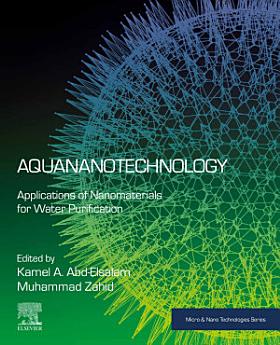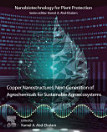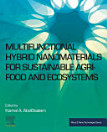Aquananotechnology: Applications of Nanomaterials for Water Purification
Über dieses E-Book
Autoren-Profil
Prof. Kamel A. Abd-Elsalam, Ph.D., is currently a research professor at the Plant Pathology Research Institute, Agricultural Research Center, Giza. Kamel earned his Ph.D. in Molecular Plant Pathology from Christian Alberchts University of Kiel (Germany) and Suez Canal University (Egypt). Dr. Kamel’s research interests include developing, improving, and deploying plant biosecurity diagnostic tools; understanding and exploiting fungal pathogen genomes; and developing eco-friendly hybrid nanomaterials for controlling toxicogenic fungi, plant diseases, and agroecosystems applications. He published 20 books related to nano-biotechnology applications in agriculture and plant protection. Since 2019, he has served as the Editor-in-Chief of the Elsevier book series “Nanobiotechnology for Plant Protection. He also serves as the Series Editor of the Elsevier book series “Genome Modified Plants and Microbes in Food and Agriculture.
Dr. Muhammad Zahid, is currently working as Associate professor, at the Department of Chemistry, University of Agriculture Faisalabad, PakistanHe have been working on the synthesis of advanced materials such as graphene, graphene oxide, graphitic carbon nitride and their nano-composites (magnetic, polymer, binary, ternary, bio- composites etc.). These materials have interesting properties such as electrical, optical and mechanical properties etc. The application of these nanomaterials and their composites are being studied in photocatalysis, wastewater treatment. EMI shielding, etc.






